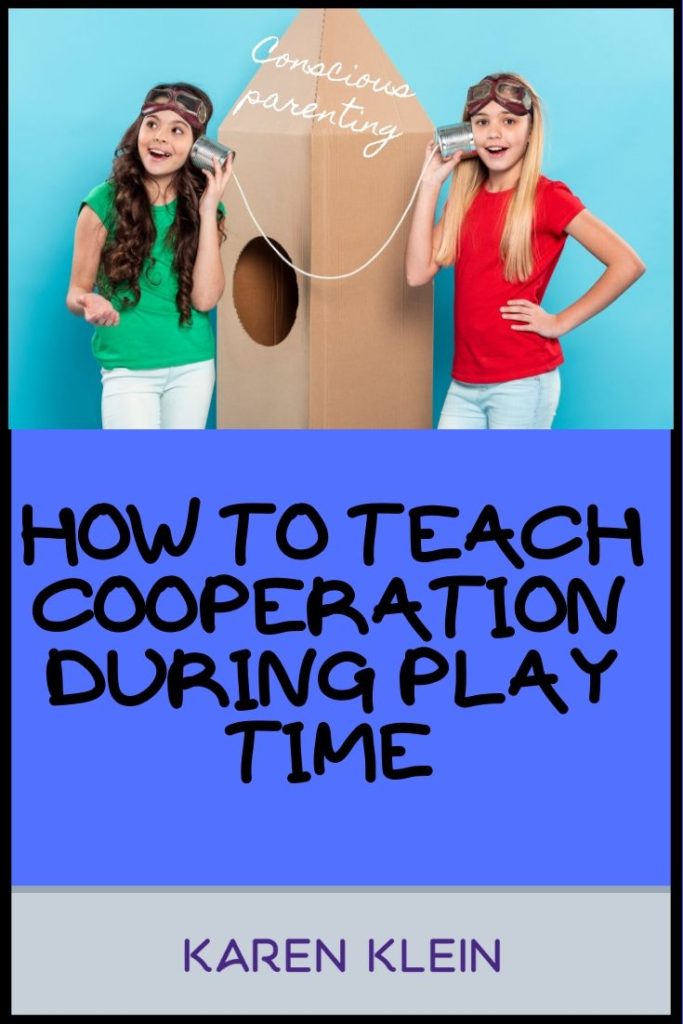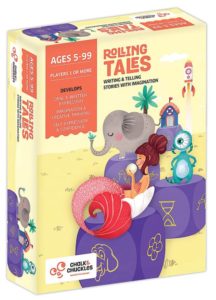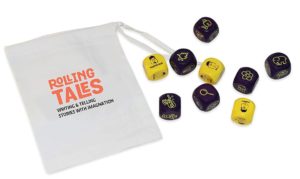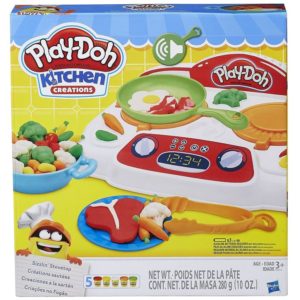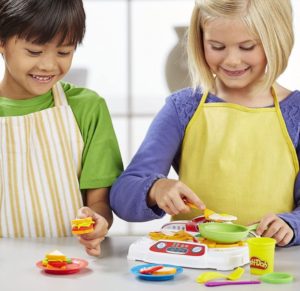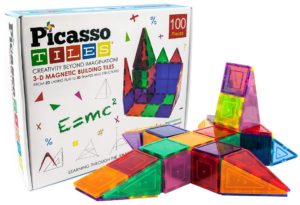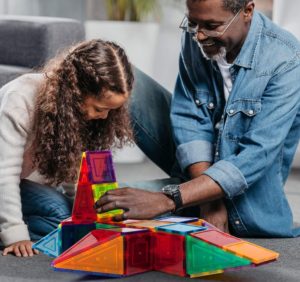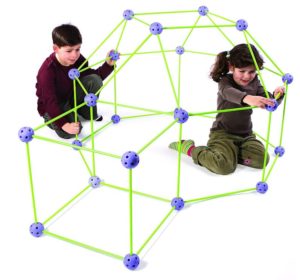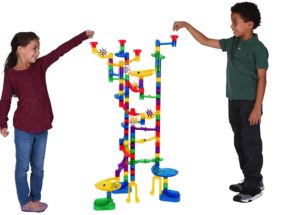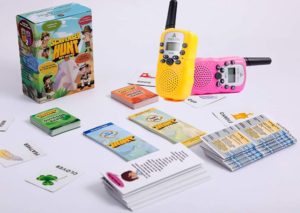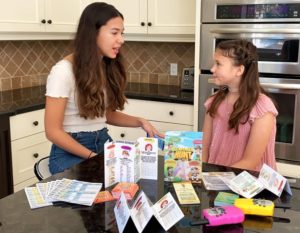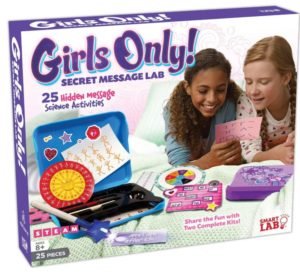
“MOST GREAT LEARNING HAPPENS IN GROUPS. COLLABORATION IS THE STUFF OF GROWTH.”
Sir Ken Robinson (British author, speaker and international advisor on education in the arts to government, non-profits, education and arts bodies.)
This page contains affiliate links meaning I may earn a commission if you use them. I only recommend products I use and honestly trust. For more info read the full disclosure.
Dear parents, grandparents, teachers…
What is cooperative play?
Cooperative Play refers to a play where the players (children and/or adults) plan, assign roles and play together.
Cooperative play is goal-oriented and children play in an organized manner toward a common end. Emerges around 36 to 48 months of age and continues through the school years.
My personal experience on cooperative play in life?
I learned the real power of collaboration only last year. Or at least I felt it and want to replicate it more and more!
During our volunteer trip to Africa last summer (you can read about it HERE), I learned that 2+2 is not equal to 4.
Each mom and each teenager brought so much donations, great ideas and invested so time and energy that the result was amazing, much bigger than I expected or dreamed for.
Collaborations bring great success, within the couple, in business or in any fun activity as I described above.
Humankind collaborations to know about:
Here are some greatest and famous collaborations that brought great invention and products to mankind :
- The Wright brothers, Wilbur and Orville Wright, developed the three-axis controls that made flying a fixed-wing aircraft possible. Their work together resulted in one of the formative inventions of the 20th century – and a completely different world.
- Collaboration of 2 professors: James Watson and Francis Crick. Based on the work of the chemist Dr. Rosalind Franklin, they were able to describe the double helix that we now know forms the framework for the basic building blocks of all life (DNA molecule) – and to lay the foundation for understanding the human genome.
- John Lennon and Paul McCartney started writing and recording songs together as part of the Beatles. Their music is still one of the most influential in history.
- Larry Page and Sergey Brin brought the internet to our fingertips, started the company that would become Google as a way to experiment with search algorithms – but it’s grown into a suite of technological wonders that have become an integral part of the lives of millions.
Cooperative play is the last stage out of 6 stages of play:
As children grow and develop, they move through six stages of play, though they may not progress in a linear fashion. Instead, their progression may involve engaging in different stages at different times depending on the physical environment and their individual temperament.
Stages of Play:
- Unoccupied Play: This stage of play involves random exploration, where children are allowed to learn through personal interaction with people and objects within the environment.
- Onlooker Play: At this stage, they watch other children, but do not interact with them. It is a time to learn about social interaction through observation.
- Solitary Play: When children choose their own toys and bring them to play near, though not with, others, they are engaged in solitary play. It can be a way to play “with” others without experiencing rejection.
- Parallel Play: In this form of play, children will play with the same materials, such as building blocks, in the same area, but they will be working as individuals rather than as a pair or group. There may or may not be social interaction.
- Associative Play: This stage of play involves a group of children participating in a mutual activity, such as playing with clay or painting, though they are not working toward a common goal. This stage invites social interaction as children find the need to share tools for their activities.
- Cooperative Play: This stage of play focuses on working together. For instance, some children with trucks may deliver blocks to those who wish to build.
Children learn to play and play to learn. Each stage serves a purpose as the child moves toward more socialized play.
How to encourage cooperative play?
Source: https://www.care.com/c/stories/5226/how-to-encourage-cooperative-play-in-your-chi/
- Take Turns while playing and talking
- Do Chores Together: Show your child the importance of cooperation by giving her small tasks around the home.
- Model Empathy and Cooperation: Teach your child to express empathy by taking a meal over to a family member who is going through a tough time or encouraging your child to say “I’d be happy to listen” to a friend who needs an attentive ear. Here is a post about teaching kindness and empathy to our kids.
- Encourage Free Play: According to Dr. Loebenberg, the best way for a child to learn cooperative play is to have plenty of opportunity to participate in free play with other children. Give your children unstructured toys that they can use to make things with and let play emerge organically.
- Play Cooperative Activities such as paint together, plant together, play basketball together…
Toys and Games I chose to encourage cooperative play?
I truly feel too many games encourage competition and life is full of it. If we can teach our children to collaborate more during play, they will have this skill later on in life, which is more and more of need. Articles about future jobs and careers discuss the need for collaboration needs.
1- Play games together to relax, connect and enjoy the moment thanks to Yogi Fun games I highly recommend and wrote about HERE.
I hope you found this article interesting, not too specific but not too vague with some real help on the importance of cooperative play!
Enjoy the teaching! It is all about Conscious parenting!
I also encourage you to read the article about my BEST TED talks recommended for PARENTS!”
I hope you found this article interesting, not too specific but not too vague. I hope it will help you for your next gift!
You can SUBSCRIBE HERE to receive future posts to your mailbox and follow me on Pinterest.
